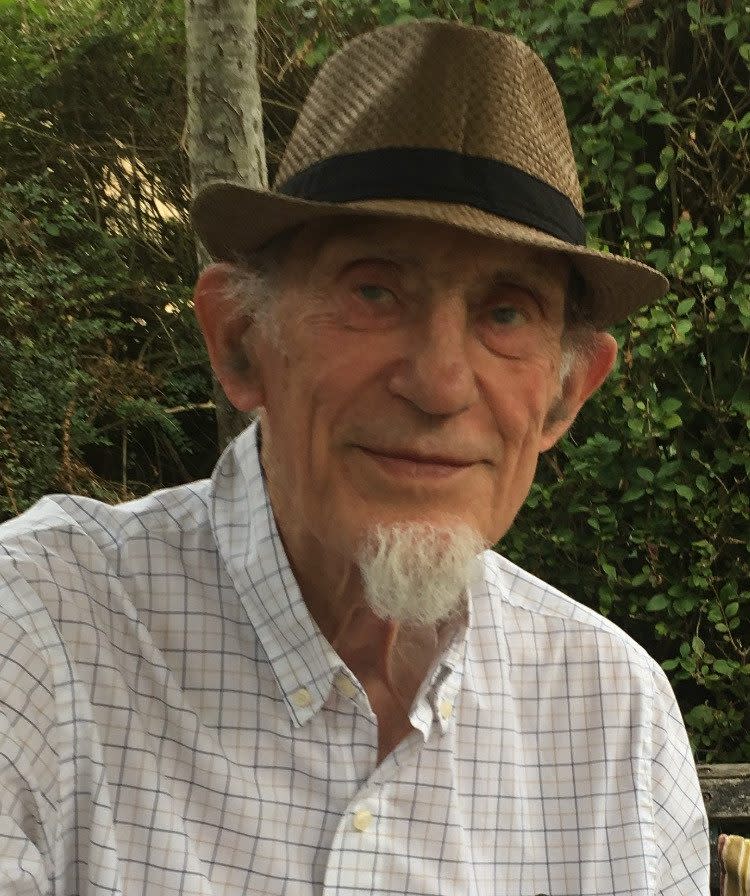Lord Hemingford, journalist and editor better known as Nick Herbert, who modernised Westminster Press – obituary

The 3rd Baron Hemingford, who has died aged 88, was better known as the journalist Nicholas Herbert; after being a foreign correspondent with The Times and editor of the Cambridge Evening News, he was editorial director of the Westminster Press chain of provincial newspapers.
Inspirational and innovative, Herbert between 1974 and his retirement in 1995 brought new technology to the group’s 120 titles, set up an editorial training centre at Hastings, appointed young and untested editors and stood by them when they came under pressure.
Allan Prosser, whom Herbert made editor of the Acton Gazette at 25, recalled: “When a production union threatened, just before midnight, to ‘black’ a story they didn’t like he asked me four quick questions: ‘Was the story accurate; was it fair; was it balanced; did I trust the reporter?’
“Once satisfied, he said: ‘Tell the union that if they interfere with editorial content, publication will be suspended until the story runs in the form that you deem acceptable as editor.’ After a hastily convened union meeting the report went in as written and the paper hit its deadline.”
Dennis Nicholas Herbert was born at Watford on July 25 1934, the first child of Dennis Herbert and Elizabeth McClare Clark. He had two younger sisters who survive him: Celia, who married Lord William Goodhart, the QC and Liberal Democrat peer, and Catherine, wife of the landscape architect Hal Moggridge. Herbert’s paternal grandfather, Sir Dennis, was Conservative MP for Watford until his elevation to the peerage in 1943.
Nick Herbert spent his early childhood in Uganda, where his father was head teacher at King’s College in Budo. Aged five, he travelled there with his family through France as it fell to Germany, taking a boat from Marseille to Mombasa and dodging the U-boats.
When they eventually returned, he was sent to Oundle, where he was captain of cricket and rowing. He reckoned this experience had been good practice for appointing and handling his editors.
Next he read English at Clare College, Cambridge. Graduating in 1957, he joined the sports desk at Reuters before being sent to work on the agency’s diplomatic desk in Washington. In 1960 he moved to The Times as its assistant Washington correspondent, under Louis Heren.
Herbert covered the Cuban missile crisis, and interviewed Martin Luther King Jr while walking over the Edmund Pettus Bridge in Selma, Alabama. He was on the tarmac in Washington when Jacqueline Kennedy landed from Dallas with her husband’s blood still on her dress, and described the Beatles’ first concert, at the Washington Coliseum, as sounding like a jet engine taking off due to all the screaming fans.
Moving on to Beirut as the paper’s Middle East correspondent, he covered the 1967 Six Day War, the inauguration of the Shah of Iran and Britain’s withdrawal from Aden.
Returning home with a young family in 1968, he was The Times’s deputy features editor for two years before taking on the Cambridge Evening News.
In 1974 he was appointed editorial director of Westminster Press, with charge of titles including The Northern Echo, the Oxford Mail, the Bradford Telegraph & Argus and the Brighton Evening Argus.
Succeeding to the Hemingford title on the death of his father in 1982, he made his maiden speech in the Lords the following year, on water privatisation. The last of his 29 speeches, in 1992, was on the introduction of the Press Complaints Commission. He left the Lords in 1999 when Tony Blair’s government excluded most of the hereditary peers.

Herbert was president of the British Guild of Newspaper Editors in 1980-81 and finished his career as Westminster Press’s deputy chief executive.
In retirement, he was influential in the creation of the Society of Editors and served on the executive committee of the National Trust. As the Trust’s regional chair in East Anglia, he oversaw the revival of Houghton Mill near Huntingdon, walking past it daily to collect his copy of The Guardian. Colleagues rated him “an exceptional mentor of staff, who liked and respected him for his modesty, quiet authority, unexpected insights and wisdom”.
Hemingford was at various times president of the Huntingdonshire Family History Society; a council member of the UK cultural committee of Unesco, the Friends of the British Library, Europa Nostra and University of the Third Age Cambridge; and a trustee of the Ely Cathedral Restoration Trust.
He was the author of Jews and Arabs in Conflict (1970) and Successive Journeys: a family in four continents (2008, winner of the David & Charles Self-Publishing Award for non-fiction).
Nicholas Herbert married Jenny Bailey in 1958; they had three daughters and a son. She died in 2018, and in September 2020 he married secondly the novelist Jill Paton Walsh; she died just three weeks after the wedding.
He is survived by his children, and is succeeded as the 4th Baron Hemingford by his son, Christopher Herbert, born on July 4 1973.
Nicholas Herbert, July 25 1934, died December 17 2022

